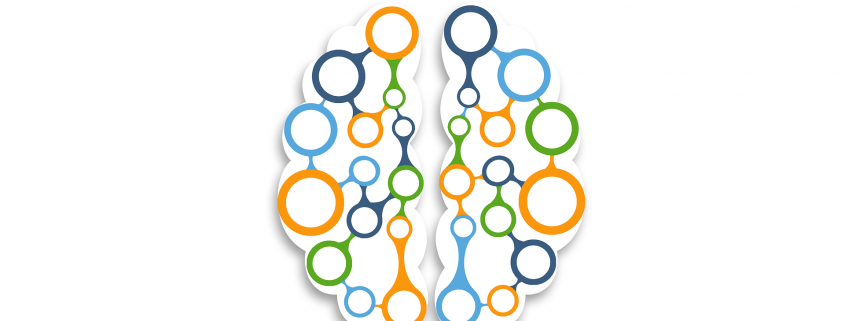Brain development – Harvard Style
Recently, the Center on the Developing Child of Harvard University published a summary of the take home points from presentations at the National Symposium on Early Childhood Science and Policy.
5 key points were made:
- Brains are built over time, from the bottom up. This process begins before birth. It is the sensory pathways for vision and hearing, for example that first wire the brain. Language skills and higher cognitive functions come later.
- What shapes the brain is a mix of genetics and experiences. The “serve and return” relationship between children and their parents is a major contributing factor in brain development. If it’s true that young children long for connection, it’s also true that their brain develops when they are interacted with.
- The older you get, the less “plastic” is the brain.
- Emotional wellbeing and social competence provide a strong foundation for emerging cognitive abilities. To succeed in school and later in the workplace and the community, emotional as well as physical health as well as social skills is important.
- Toxic stress damages developing brain architecture. That being said, a dose of positive stress is an important and actually necessary aspect of healthy development. These can be moderate, short-lived physiological responses to uncomfortable experiences).



Leave a Reply